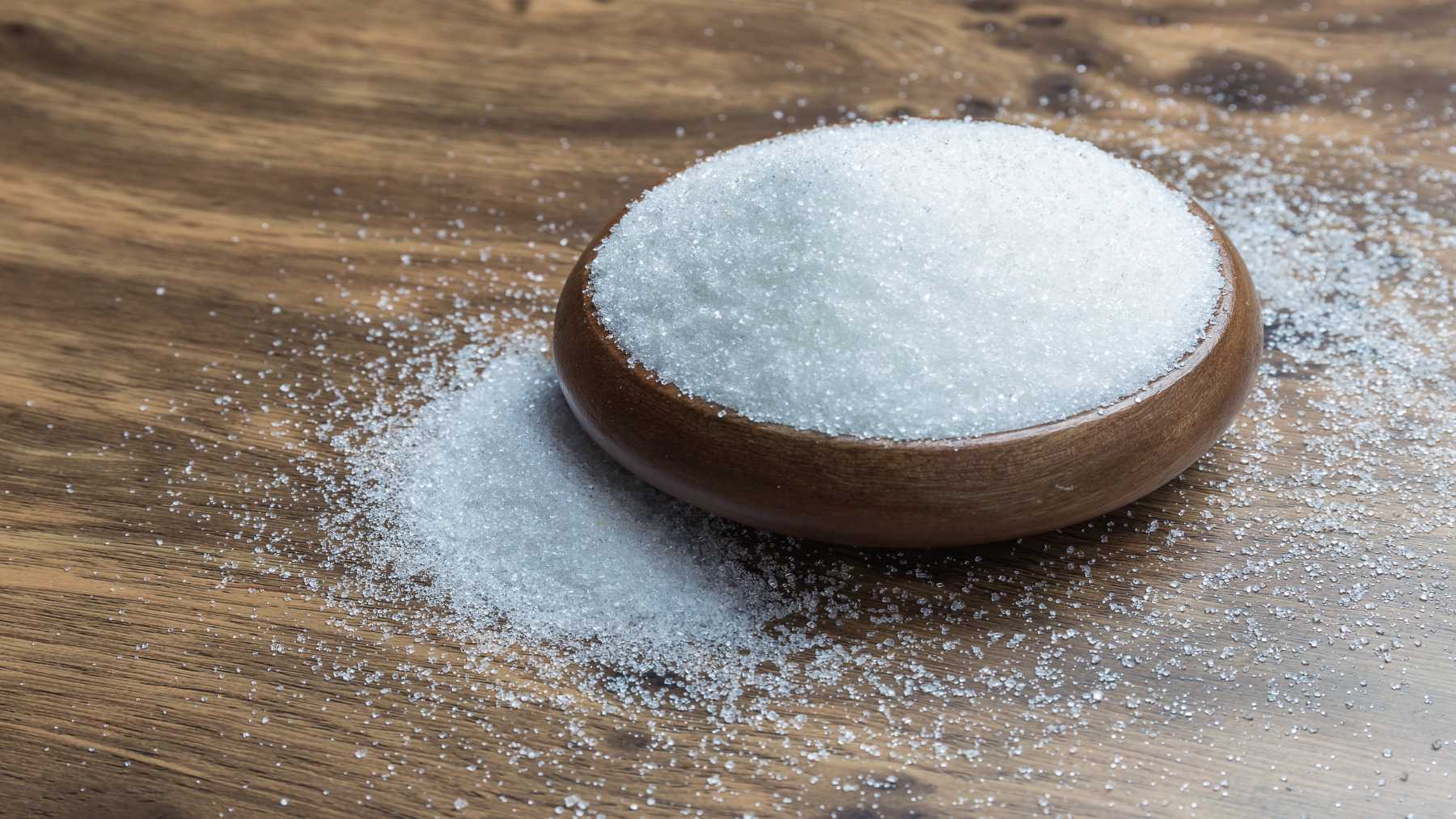A common sugar alternative found in everything from diet sodas to keto snacks is now under scrutiny. New research from the University of Colorado Boulder suggests that erythritol—one of the most widely used non-nutritive sweeteners in the U.S.—may have harmful effects on brain cells and increase the risk of stroke.
The study, published in the Journal of Applied Physiology, analyzed how certain sugar substitutes interact with blood vessels in the brain. The results revealed a series of biological responses that could impair vascular function and potentially raise the chances of suffering a stroke.
Which popular sweetener could increase your risk of stroke
The study focused on erythritol, a low-calorie sugar alcohol approved by the FDA in 2001 and commonly found in diet sodas, keto snacks, protein bars, and many other processed foods. Marketed as a healthier alternative to sugar, erythritol is about 80% as sweet as sucrose, contains almost no calories, and has little to no effect on blood sugar or insulin levels—making it especially popular among people with diabetes or those following low-carb diets.
But recent findings suggest the health halo around this ingredient may be misleading. A large-scale study involving 4,000 participants in the US and Europe already linked higher blood levels of erythritol with a significantly increased likelihood of heart attack or stroke over a three-year period. The team at CU Boulder set out to explore why.
Researchers treated human cells lining brain blood vessels with an amount of erythritol equivalent to what’s found in a typical sugar-free drink. After just three hours, they noticed a series of concerning changes in cellular function.
What exactly did the study reveal?
Among the most significant effects, the erythritol-exposed cells produced lower levels of nitric oxide, a molecule that helps keep blood vessels relaxed and open. At the same time, they expressed more endothelin-1, a protein that constricts blood vessels. These two factors combined suggest a shift toward vascular tightness and restricted blood flow—conditions that increase the likelihood of a stroke.
Moreover, when the cells were introduced to thrombin, a clot-promoting compound, their production of t-PA (a natural clot-dissolving substance) dropped sharply. The erythritol-treated cells also released more reactive oxygen species, or “free radicals,” which are known to accelerate aging, cause cellular damage, and trigger inflammation.
“Big picture, if your vessels are more constricted and your ability to break down blood clots is lowered, your risk of stroke goes up,” said Auburn Berry, the study’s first author. “Our research demonstrates not only that, but how erythritol has the potential to increase stroke risk.”
Should consumers avoid erythritol altogether?
Though the research was conducted in a lab using isolated human cells, the amount of erythritol applied was equivalent to a typical serving size. According to the authors, those who consume multiple erythritol-containing products daily—such as diet sodas or sugar-free snacks—may experience even stronger effects over time.
Christopher DeSouza, senior author of the study and director of the Integrative Vascular Biology Lab, emphasized the need for caution: “Non-nutritive sweeteners that have generally been considered safe may not come without health consequences,” he said.
The researchers aren’t calling for an outright ban, but they do advise the public to pay attention to labels. Erythritol may appear under its name or be listed generically as a “sugar alcohol.” With more studies suggesting negative impacts, experts are urging consumers to limit their intake while science continues to investigate long-term effects.
“Given the epidemiological study that inspired our work, and now our cellular findings, we believe it would be prudent for people to monitor their consumption of non-nutrient sweeteners such as this one,” added DeSouza.

